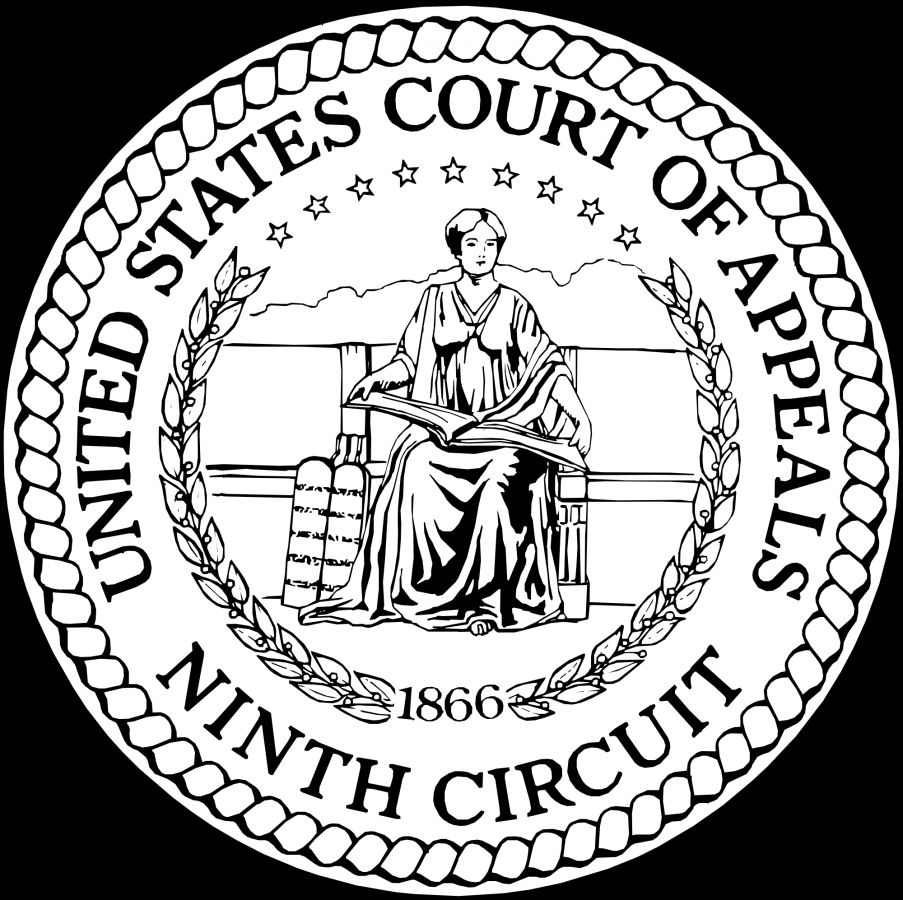
The Court of Appeals for the Ninth Circuit held last week that the provision limiting judicial review of expedited-removal orders violates the suspension clause of the U.S. Constitution. This will likely lead to more appeals of negative credible-fear reviews by immigration judges, fewer negative credible-fear reviews, and as a consequence, more aliens seeking illegal entry into the United States.
In Thurassigiam v. U.S. Dep't of Homeland Sec., the Ninth Circuit considered an appeal from a district court decision dismissing a Sri Lankan national's petition for habeas corpus for lack of subject-matter jurisdiction. The appellant entered the United States illegally on February 17, 2017, and was arrested by a U.S. Customs and Border Protection (CBP) officer 25 yards north of the border. He was placed in expedited-removal proceedings, and referred for a credible-fear interview with an asylum officer after he claimed that he feared persecution in his home country. He was found not to have a credible fear by an asylum officer, a determination affirmed by an immigration judge in credible-fear review proceedings.
The alien's petition for review to the circuit court asserted that the credible fear screening by the Department of Homeland Security (DHS) deprived him "of a meaningful right to apply for asylum" and protection under article 3 of the Convention against Torture (CAT). It also asserted that the asylum officer and immigration judge violated his rights under the due process clause of the Fifth Amendment of the Constitution.
Specifically, the alien alleged that the asylum officer had "failed to 'elicit all relevant and useful information bearing on whether [he had] a credible fear of persecution or torture.'" In addition, he alleged that there were also "communication problems" between him, the asylum officer, and the translator, and that similar problems existed at the credible-fear review hearing by the immigration judge. Finally, he claimed that he did not know whether the information he had given to the asylum office and immigration judge "would be shared with the Sri Lankan government."
Appellate rights in expedited-removal proceedings are extremely circumscribed by statute. Specifically, the statute governing judicial review of expedited-removal orders states that such review is available in habeas corpus proceedings, but that this review is limited to determining whether the petitioner for habeas corpus is an alien, whether that petitioner was removed under the expedited-removal section of the Immigration and Nationality Act, and whether the petitioner could "prove by a preponderance of the evidence that [he or she] is an alien lawfully admitted for permanent residence", a refugee, or an asylee.
The circuit court concluded that this statute violated the suspension clause of the U.S. constitution. That clause, Article I, Section 9, Clause 2 of the Constitution states: "The Privilege of the Writ of Habeas Corpus shall not be suspended, unless when in Cases of Rebellion or Invasion the public Safety may require it." The circuit court described the procedural protections in the expedited-removal judicial review provision as "meager", and found that that this was "compounded by the fact that" the review provision "prevents any judicial review of whether DHS complied with the procedures in an individual case, or applied the correct legal standards."
Notably, in finding that the suspension clause was violated by the review procedures for expedited removal, the court explicitly rejected the analysis of the Third Circuit in Castro v. U.S. Dep't of Homeland Sec., which I described in detail in an April 2017 post. The Third Circuit had held that the 28 petitioners there could not invoke the Constitution because each was apprehended shortly after entry, and therefore deemed an alien seeking initial admission to the United States, which limited their constitutional rights. In April 2017, the Supreme Court rejected a petition for writ of certiorari filed by the petitioners in that case.
The Ninth Circuit's decision sets up a circuit split, meaning that the Supreme Court will likely have to resolve the issue of the constitutionality of the judicial review procedures for expedited removal. In the interim, it is reasonable to expect that more aliens in the Ninth Circuit who received negative credible-fear findings will petition for habeas corpus from those decisions, slowing the expedited-removal process, which Congress had intended to be "expedited," as the name suggests. It is also reasonable to assume that asylum officers and immigration judges will be unduly circumspect in issuing negative credible-fear findings for aliens in that circuit. Finally, this decision is almost certain to encourage even greater numbers of aliens to enter illegally along the Southwest border states of Arizona and California, which are in the jurisdiction of the Ninth Circuit.
Given the current flood of aliens over that border, and the high rate of cases in which credible fear is found, however, the increase will, unfortunately, likely be difficult to discern.
